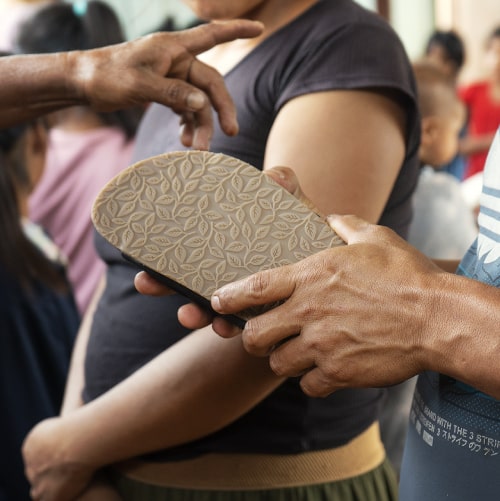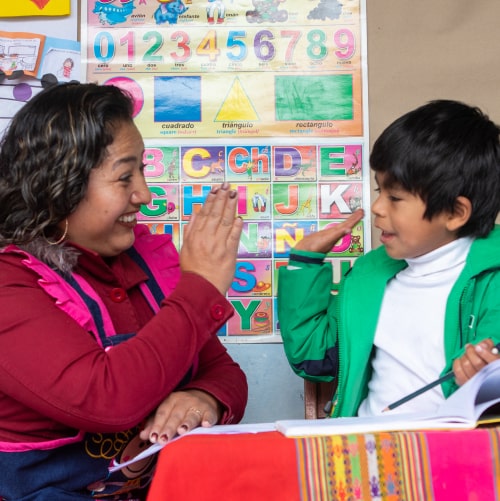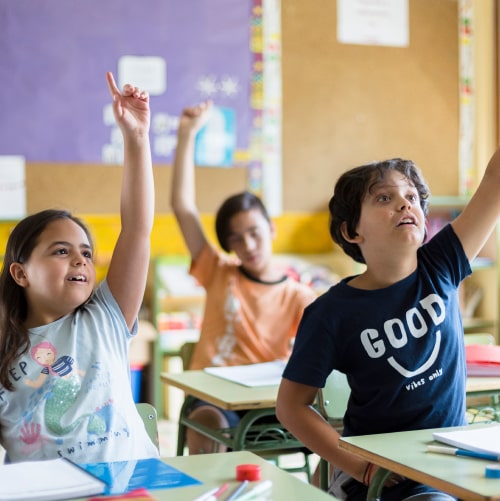November 4, UNESCO Day, is a special occasion for reflecting on the vital role of this organization in promoting peace and international cooperation in the fields of education, science, culture and communication. In this article, we tell you more about what UNESCO is, its relevance, aside from its connection to the Wiese Foundation.
What is UNESCO?
The United Nations Educational, Scientific and Cultural Organization is an international entity that seeks to foster peace through global cooperation in areas fundamental to human progress. Founded in 1945 in London, UNESCO is dedicated to promoting quality education, science, the preservation of cultural heritage, and the exchange of information and knowledge among nations. Its focus on the Sustainable Development Goals of Agenda 2030 underscores its commitment to a more equitable and peaceful world.
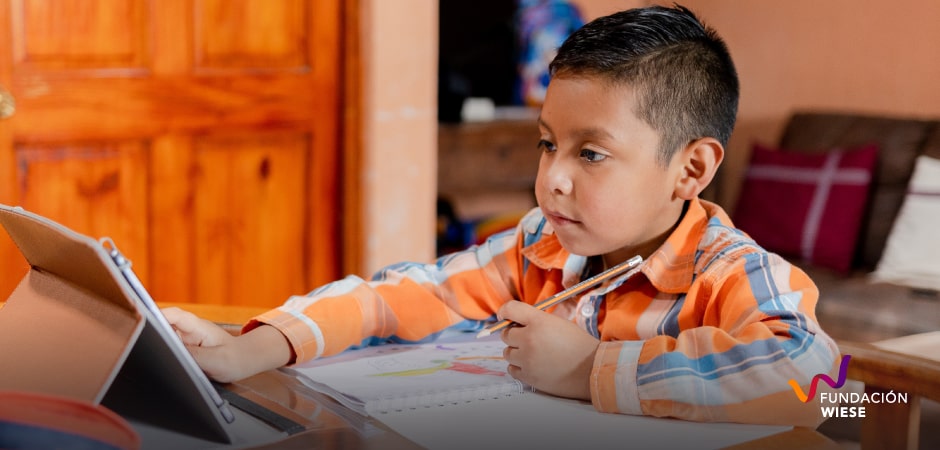
A Brief History of UNESCO
UNESCO had its roots in the post-war period, when the world yearned for a lasting peace after two devastating global conflicts in less than three decades. The idea for the organization arose from the need to unite nations in intellectual and moral solidarity, and its Constitution was adopted in 1945. Throughout its history, UNESCO has played a crucial role in the creation of scientific institutions, tsunami warning systems, and the preservation of valuable cultural treasures. Its work has left a lasting mark on the promotion of peace and global understanding.
What is the relationship between UNESCO and the Wiese Foundation?
In a solid commitment to the promotion of culture and sustainability in Peru, at the Wiese Foundation we have acquired the status of Founding Member in the Pact for Culture to 2030. This collaboration represents a significant milestone in our trajectory of more than 30 years of work in the preservation, research and dissemination of the national archaeological heritage. Our foundation has thus become an essential pillar in promoting culture as a driver of sustainable development in the country.
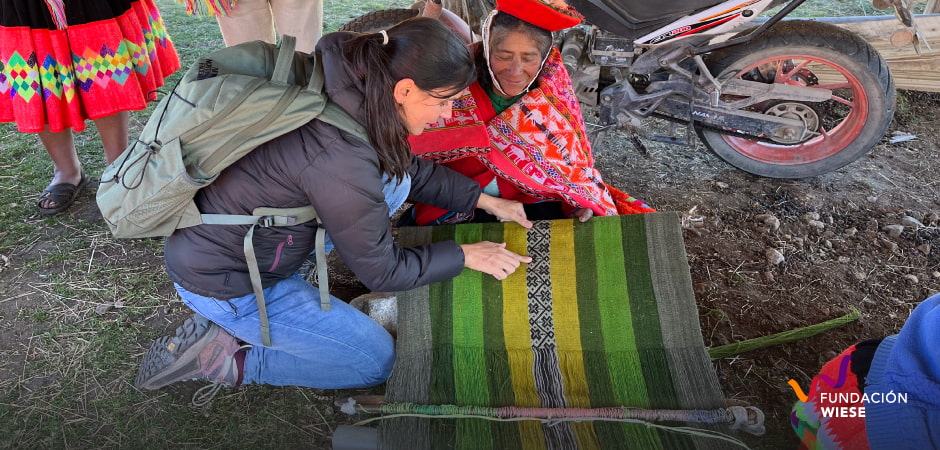
Joint actions between the Wiese Foundation and UNESCO
As part of this collaboration, our foundation and UNESCO have undertaken notable joint actions, the main one being the co-organization of workshops of vital importance. These workshops, which were conducted in June, focused on exploring the intrinsic relationship between cultural heritage and sustainable social enterprises. The collaboration not only demonstrates the commitment of both parties to promoting culture and sustainability, but also underscores their focus on training and supporting social entrepreneurs in Peru.
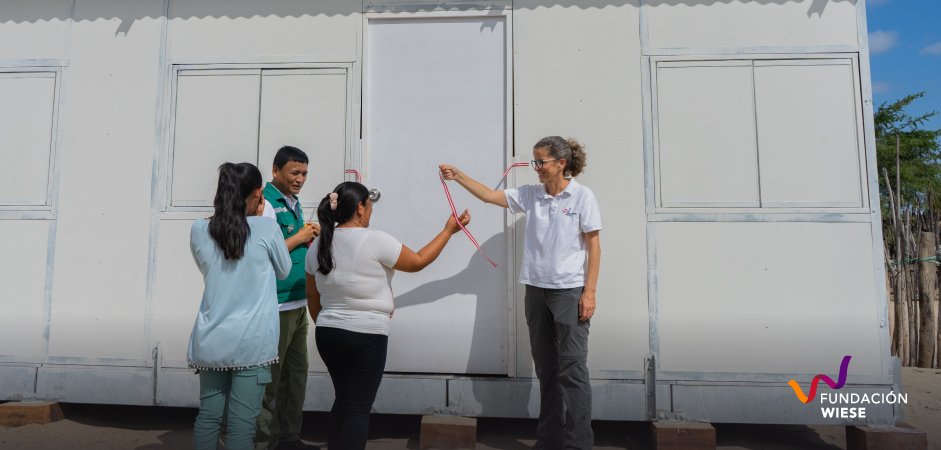
These workshops offered a valuable venue for the exchange of ideas and experiences, while raising awareness among participants about the importance of considering the cultural aspects in their social entrepreneurship projects. The collaboration between our foundation and UNESCO has served to strengthen the role of culture as a key element for economic, social and environmental development in the country. This alliance represents an inspiring example of how culture and entrepreneurship can effectively converge to make a positive impact on society and sustainable development in Peru. Would you like to know what else our foundation is doing in relation to the SDGs? We invite you to learn more in our Humanitarian Aid Program!
You may also be interested in:




